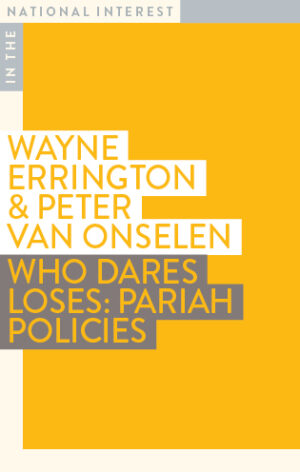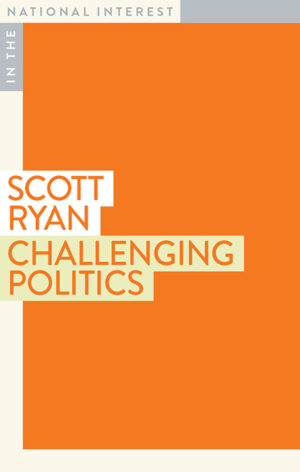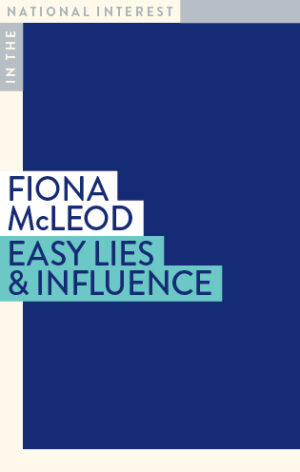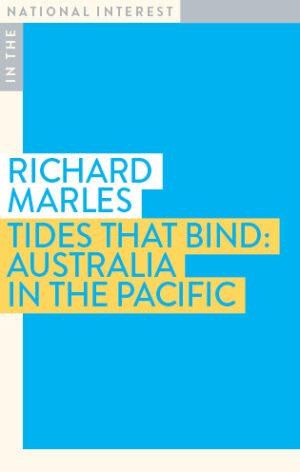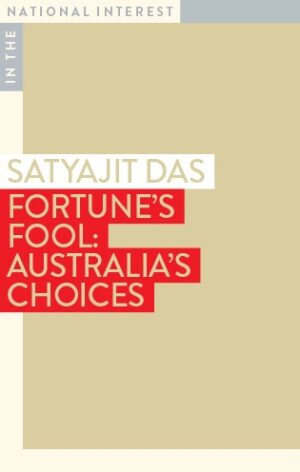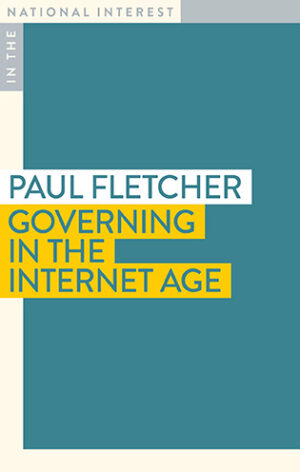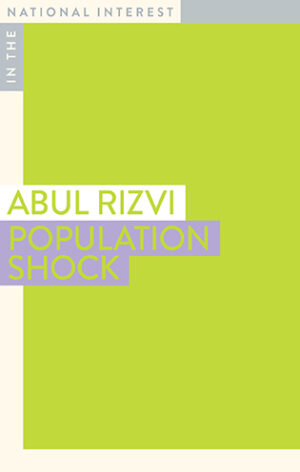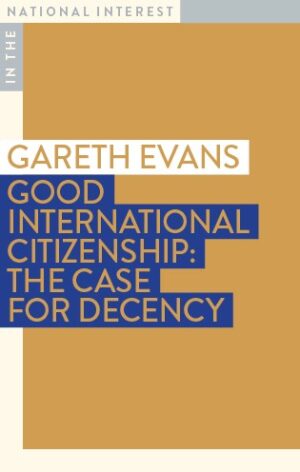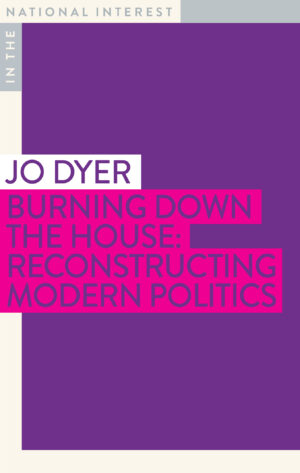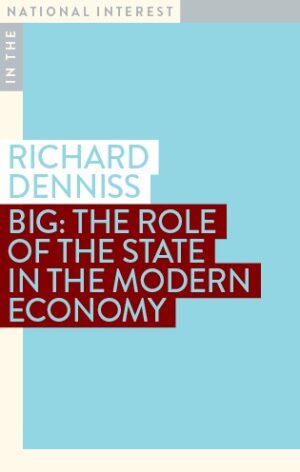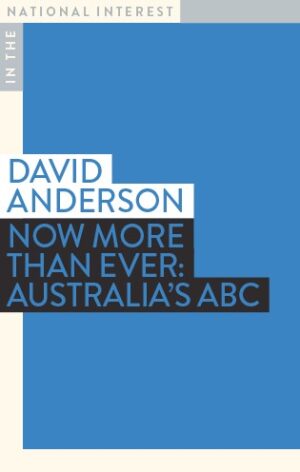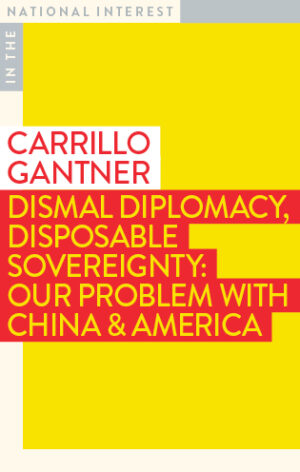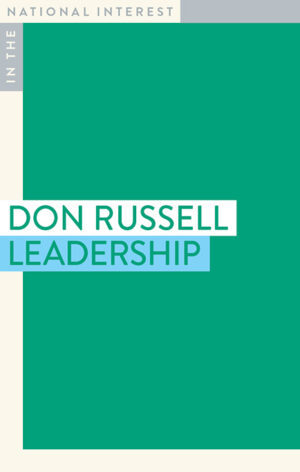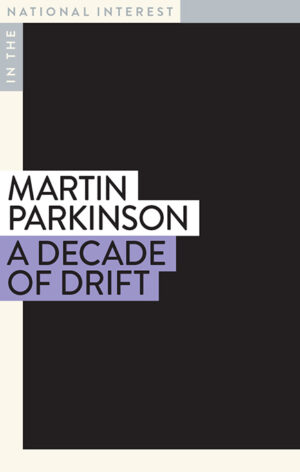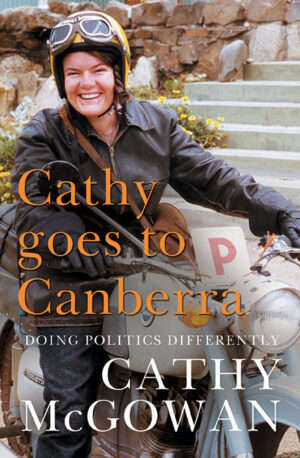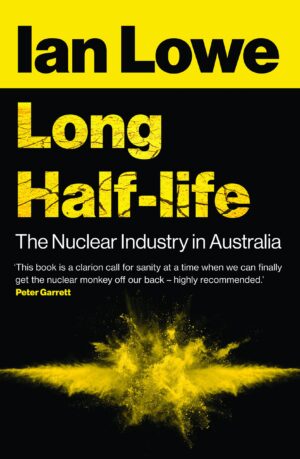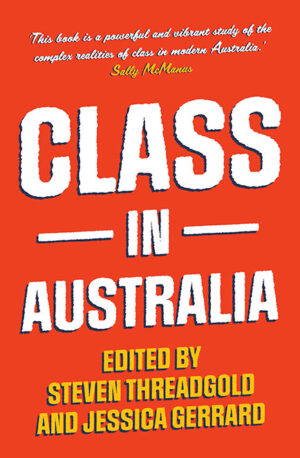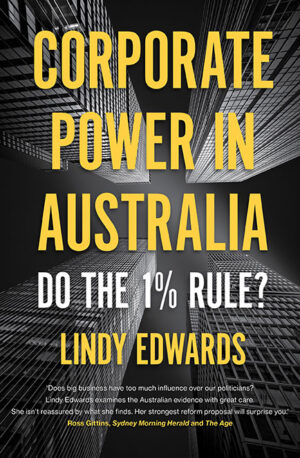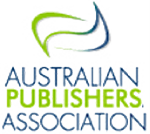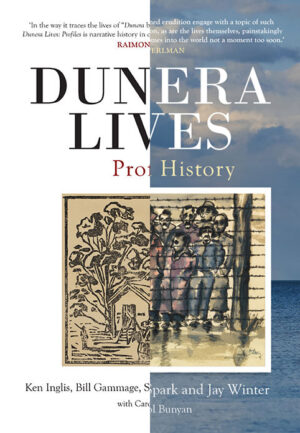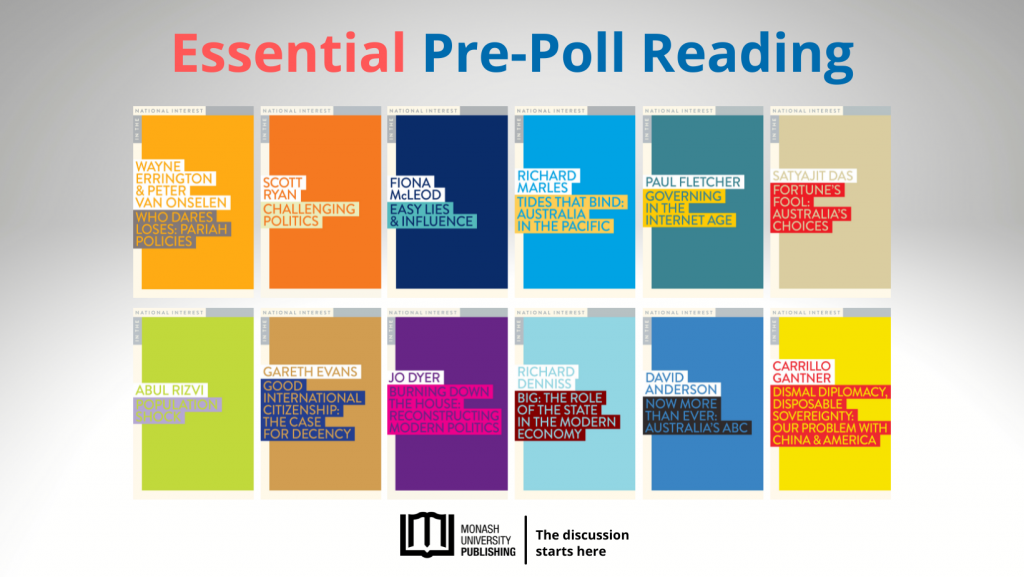
In the lead-up to this federal election, Monash University Publishing has your reading list covered. From our In the National Interest Series:
In Who Dares Loses: Pariah Policies, Wayne Errington and Peter van Onselen explain the political constraints on policymakers and the ways in which they are changing.
In Challenging Politics, Scott Ryan discusses the loss in faith in politics.
In Easy Lies & Influence, Fiona McLeod tells us what corruption can do, and why it’s imperative that we address it.
In Tides that Bind, ALP Deputy Leader Richard Marles implores us to step up our support for Pacific nations threatened by climate change and under-development.
In Governing in the Internet Age, Communications Minister Paul Fletcher outlines the key challenges the internet has posed for governments.
In Fortune’s Fool, Satyajit Das dissects the pandemic, global trends, Australia’s narrow ‘house and holes’ economy and its dependency on China.
In Population Shock, Abul Rizvi asks: how will government chart our larger and older population’s economic future?
In Good International Citizenship, Gareth Evans argues that to be, and be seen to be, a good international citizen is both a moral imperative and a matter of hard-headed national interest.
In Burning Down the House, Jo Dyer looks at how Australian politics has gone awry and how a range of independents are determined to burn it all down and build something new.
In Big: The Role of the State in the Modern Economy, Richard Denniss makes the case for following the lead of the Nordic countries in the provision of great public health, education, housing and infrastructure.
In Now More than Ever, David Anderson gives us an insider’s insight into the ABC: a cultural powerhouse where Australian identity is celebrated, democracy is defended, and creativity is encouraged to flourish.
In Dismal Diplomacy, Disposable Sovereignty, Carrillo Gantner offers some modest suggestions for improving Australia’s relationship with China.
In Leadership, Don Russell reflects on politicians, the political process and the role of government, and explains why our political leaders are as they are.
In A Decade of Drift, Martin Parkinson outlines how the twists and turns in climate change policy over the past decade have contributed to the erosion of public trust in government in Australia.
Other important background reading for the election includes: Cathy Goes to Canberra by Cathy McGowan, the inspiring story of one of Australia’s most successful and influential independents; Long Half-life by Ian Lowe on Australia’s nuclear policies and energy and climate challenges; Class in Australia on Australia’s deepening social stratification; and Corporate Power in Australia by Lindy Edwards on how the ‘big end of town’ influences our politics.
-
Who Dares Loses
Wayne Errington & Peter van Onselen
-
Challenging Politics
Scott Ryan
-
Easy Lies & Influence
Fiona McLeod
-
Tides that Bind
Richard Marles
-
Fortune’s Fool
Satyajit Das
-
Governing in the Internet Age
Paul Fletcher
-
Population Shock
Abul Rizvi
-
Good International Citizenship
Gareth Evans
-
Burning Down the House
Jo Dyer
-
Big
Richard Denniss
-
Now More than Ever
David Anderson
-
Dismal Diplomacy, Disposable Sovereignty
Carrillo Gantner
-
Leadership
Don Russell
-
A Decade of Drift
Martin Parkinson
-
Cathy Goes to Canberra
Cathy McGowan
-
Long Half-life
Ian Lowe
-
Class in Australia
Steven Threadgold and Jessica Gerrard
-
Corporate Power in Australia
Lindy Edwards

